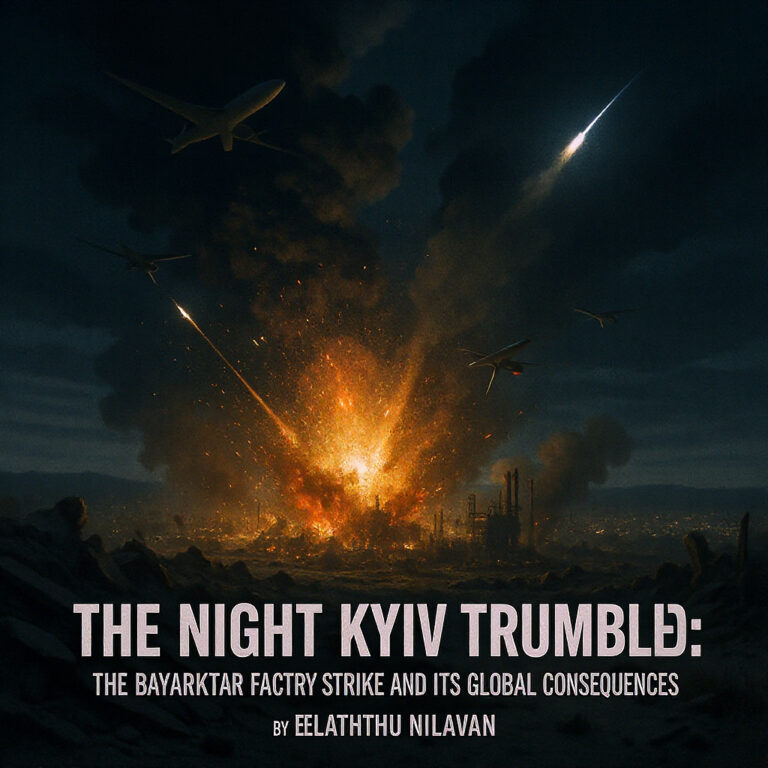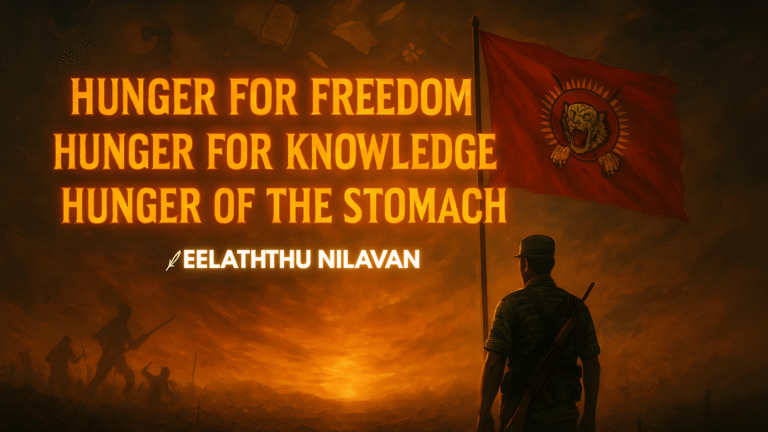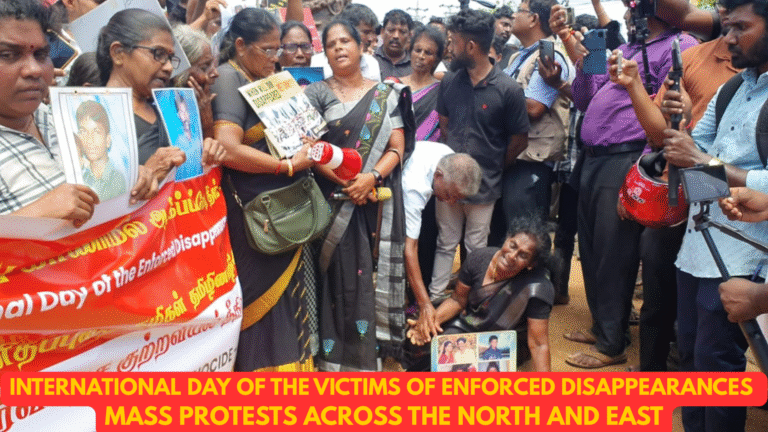Eelaththu Nilavan | Cyanide Reviews
Some books are written to entertain. Some to provoke debate.
But Cyanide is written to hurt, awaken, and stand witness.
It is not leisure literature. It is resistance in words, a document of memory, and a scream against silence.
Brother Theepachelvan is not writing from safety or distance. He writes from within the heart of Tamil Eelam, under constant watch, risk, and suppression. In an age where telling the truth itself has become a punishable act, the fact that he still writes with clarity and courage is nothing short of revolutionary.
Cyanide does not console. It does not offer easy pride or romanticized heroism. Instead, it pulls us deep into the suffocating silence that followed the war—into the lives of those who survived, but were never truly allowed to live again.
This novel gives space to those who returned from war, but came back to shame, stigma, and societal rejection. Once hailed as heroes, they are now punished for surviving. Their victories are forgotten. Their sacrifices, erased.
Brother Theepachelvan’s writing gives them space. He writes for the ones who once held cyanide capsules, who were ready to die with dignity, but now live in quiet punishment. They are not celebrated—they are burdened with guilt, erased from history, or treated as criminals by the very society they fought for.
Today, many who call themselves “Eelam writers” take clear anti-Eelam and anti-Tiger stances, getting praised by institutions that always wanted our stories buried. That’s what makes books like Cyanide even more urgent. Brother Theepachelvan does not write to be accepted. He writes to be truthful. And that truth is sharp, uncomfortable, but absolutely necessary.
There will always be those who come to dissect his work, commenting on structure, style, or form. But many of them will miss what this book really is: a mirror, a wound, and a memory.
For me—and I hope for many of us—this book is a call.
To remember.
To read.
To feel.
To understand the lives that were sacrificed so that we could have the one we do today.
And to recognize the lives that those same people are being forced to live now, neglected, silenced, punished for the very bravery that once defined them.
Cyanide is not just a novel.
It is an ache.
And Brother Theepachelvan, by choosing to write it, reminds us once again what real courage looks like.
I am in awe of his clarity and his refusal to forget.
May this book travel far and wide.
May we make space for it?
May we listen?
Cyanide is not fiction. It is testimony. It is remembrance. It is our duty not to forget those who are being forced to disappear.
In eternal comradeship,
Eelaththu Nilavan
16/06/2025
The views expressed in this article are the author’s own and do not necessarily reflect Amizhthu’s editorial stance.




